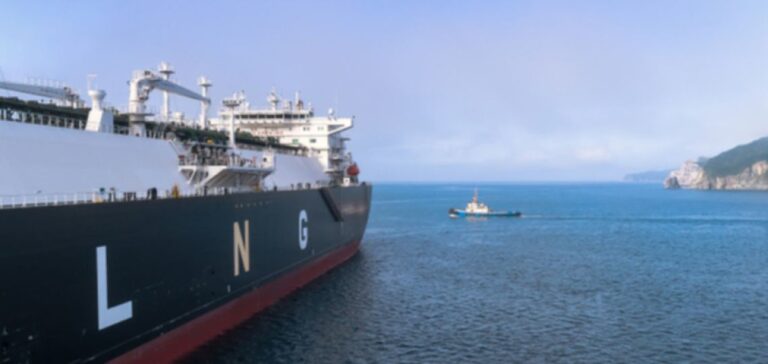In April, the volume of JKM (Japan/Korea Marker) LNG (liquefied natural gas) futures contracts climbed by 5.65% on the previous month and by 134.43% over the year, reaching 87,209 lots. This represents some 16.77 million metric tons, or 264 cargoes, marking the second monthly record of the year. Open interest in these contracts reached a 26-month peak of 107,972 lots at the end of April, a level not seen since February 2022.
Impact of geopolitical tensions on prices
Asia-Pacific LNG spot prices rose in April, with traders attributing the increase to heightened caution in the wake of geopolitical tensions and crises exacerbated by clashes between Iran and Israel. The Platts JKM target price, which reflects LNG delivered in Northeast Asia, rose to $10.07/MMBtu in April from $9.15/MMBtu in March.
Demand and East-West arbitrage
The sharp rise in prices impacted demand for spot cargoes in Asia, leading to a preference for sales on the bilateral market. The number of offers far exceeded the number of requests, with 137 offers compared to 39 in April. In addition, East-West arbitrage offered few opportunities for inter-basin trade in April, and from May 3 onwards, the arbitrage window between the USA and Asia remained closed, making trade less advantageous.
The high volumes of JKM LNG futures contracts and the increase in prices in April demonstrate the sensitivity of the LNG market to geopolitical fluctuations, while highlighting the challenges and opportunities for market players against a backdrop of persistent international tensions.






















